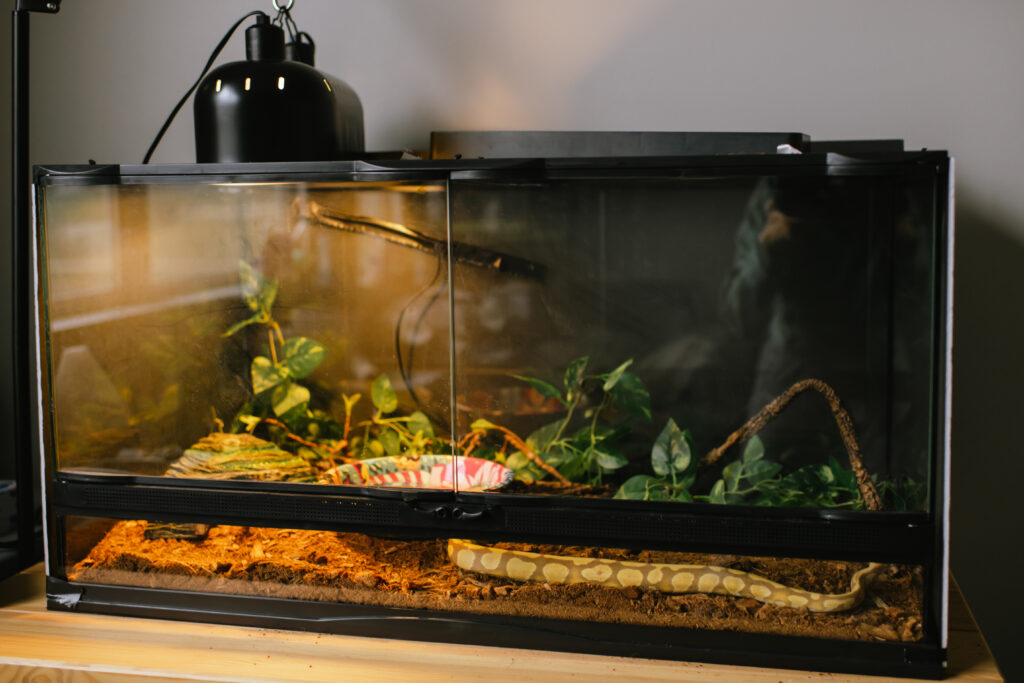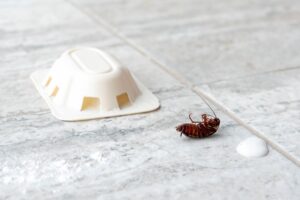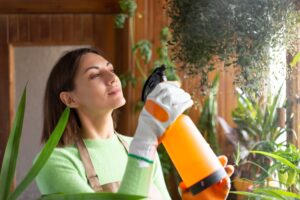Safe Pest Management for Exotic Pet Owners: Expert Tips from Sayonara Pests
Pests in your exotic pet’s habitat aren’t just a nuisance—they can threaten your pet’s health. Finding safe pest management methods that protect your reptiles without harmful chemicals feels like walking a tightrope. Sayonara Pests shares natural pest control tips designed specifically for exotic pet care, so you can keep your pets safe and your home pest-free. Explore these reptile-safe methods and eco-friendly solutions made with your pet’s safety in mind. For more details, check out this link.
Understanding Safe Pest Management
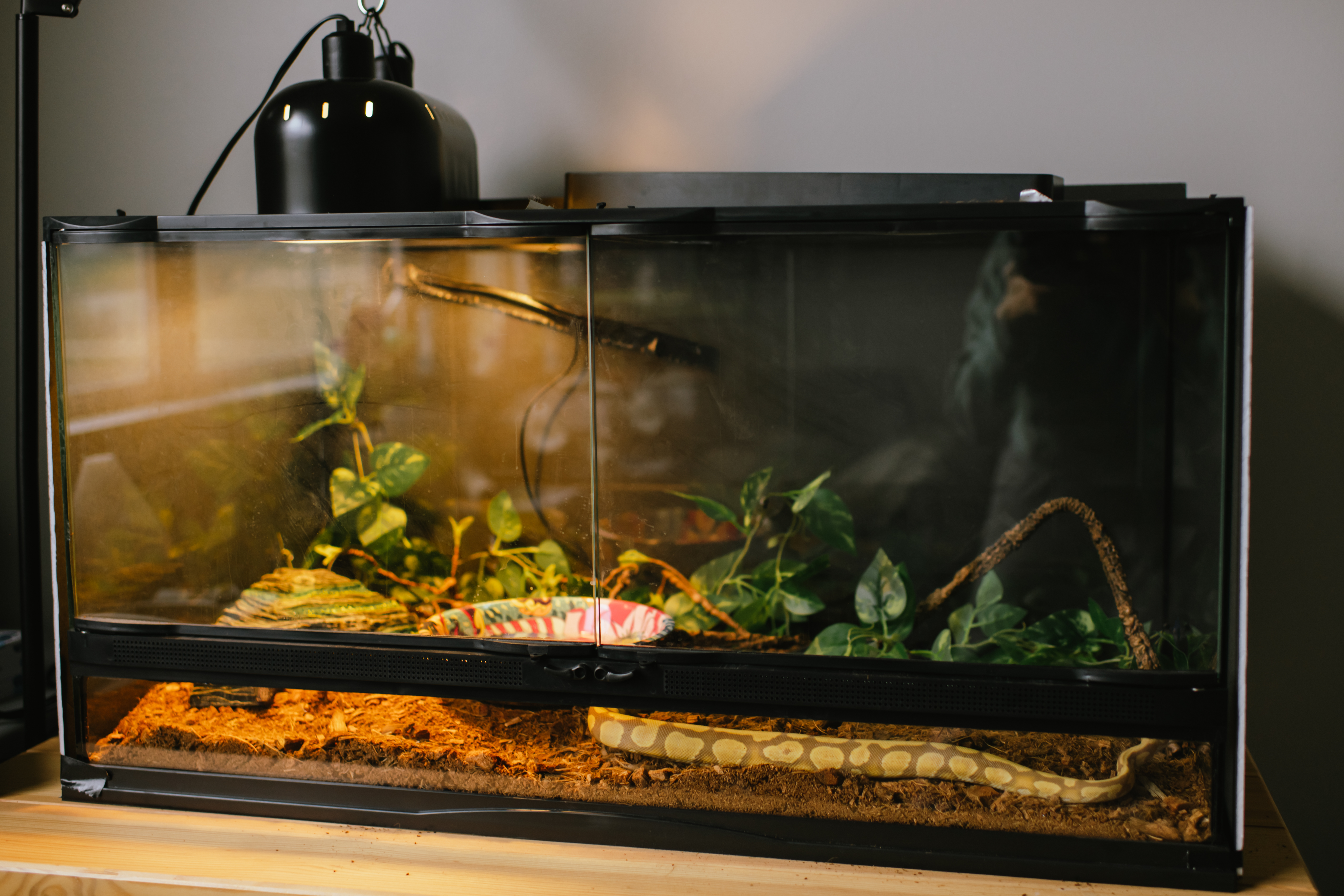
Protecting your exotic pets starts with understanding why safe pest management is crucial. Let’s explore the importance of choosing non-toxic solutions.
Importance of Non-Toxic Solutions
When it comes to managing pests around your reptiles, safety is key. Using harsh chemicals can pose a significant risk to your pets. Imagine a world where you choose methods that protect your scaly friends without compromising their health. Non-toxic solutions offer peace of mind. They ensure that your home remains a safe haven for your pets while effectively managing pests. By avoiding harmful chemicals, you not only protect your pets but also the environment around them. This approach aligns with a responsible way to tackle pest issues.
Benefits of Natural Pest Control
Natural pest control methods come with a host of benefits. First, they’re friendly to the environment. When you choose natural, you’re supporting a healthier planet. For example, using diatomaceous earth can deter pests without harming your pets. Plus, it’s safe for you and your family too. Another benefit is cost-effectiveness. Many natural solutions are found in your kitchen, like vinegar or essential oils. These options save you money while still effectively managing pests. They’re also easy to implement, making them a practical choice for anyone.
Ensuring Exotic Pet Care and Safety
Keeping exotic pets safe involves more than just feeding and housing them. It’s about creating a harmonious environment free from harmful pests. Regularly checking your pet’s habitat can help you spot potential pest issues before they escalate. Consider using natural repellents as a preventive measure. This not only keeps pests at bay but also promotes a healthier space for your pets to thrive. Remember, a safe environment contributes to the overall well-being of your exotic pets.
Eco-Friendly Pest Control Methods
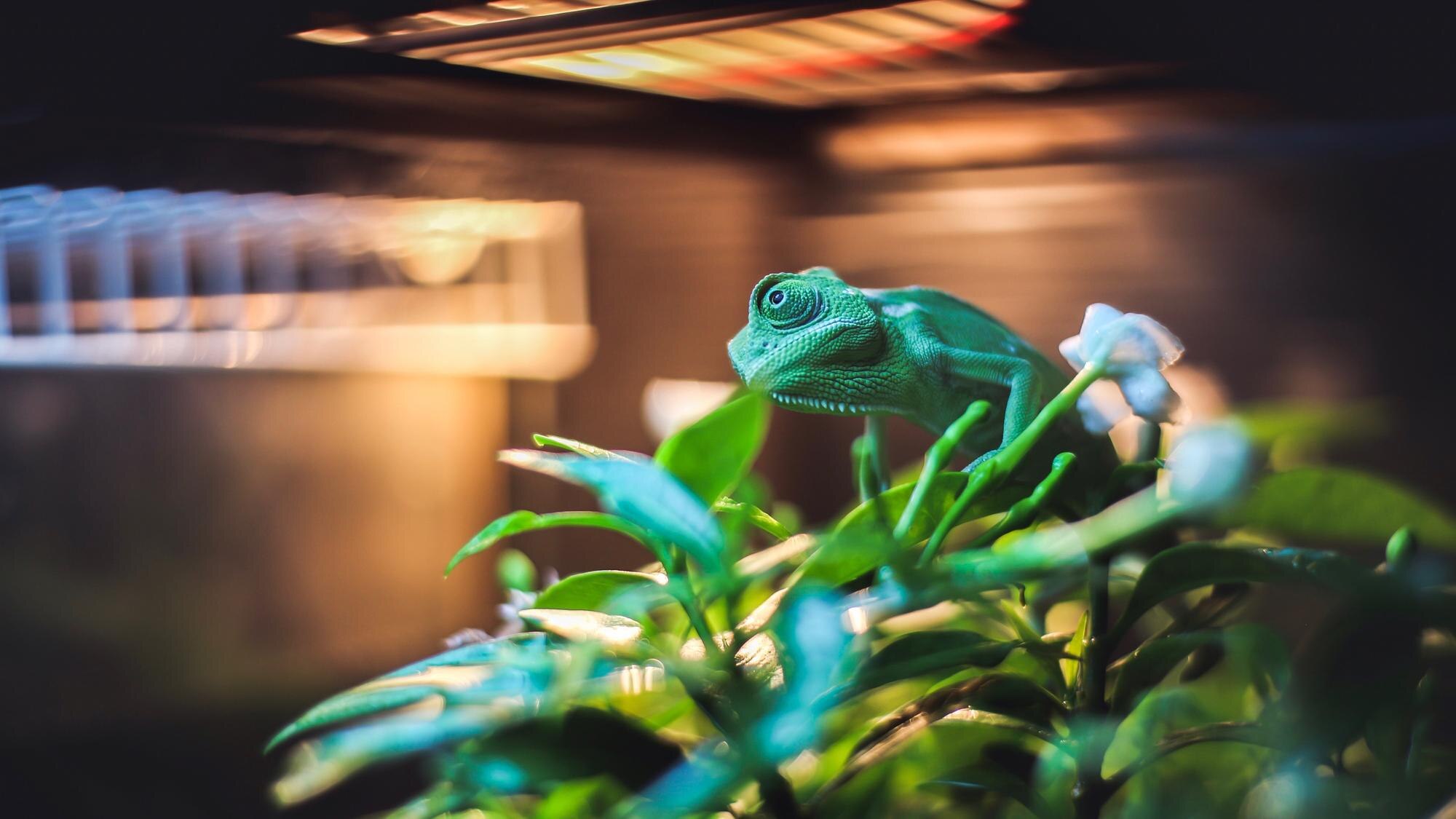
Now that we’ve covered the basics, let’s dive into eco-friendly pest control methods. These strategies ensure you maintain a pest-free environment without compromising your pet’s safety.
Reptile-Safe Methods to Try
When it comes to your reptiles, using safe methods is essential. One effective technique is introducing beneficial insects. These insects prey on common pests without posing any risk to your pets. For instance, ladybugs can help control aphid populations. Another method is using natural repellents like peppermint oil. This oil deters pests while keeping your pet’s space safe. Remember to apply it in areas inaccessible to your reptiles. It’s a simple yet effective way to manage pests naturally. By choosing these methods, you’re prioritizing your pet’s health.
Creating a Pest-Free Environment
Establishing a pest-free zone starts with cleanliness. Regularly clean your pet’s habitat to remove any food remnants that might attract pests. Ensure that enclosures are secure to prevent pests from entering. Additionally, consider using barriers like fine mesh screens to keep pests out. These screens are effective in blocking unwanted guests without obstructing airflow. Another tip is to maintain a consistent temperature. Pests often thrive in certain conditions, so keeping the habitat’s climate stable can discourage their presence.
DIY Guides for Home Use
Taking control of pest management can be empowering. With DIY guides, you can address pest issues using tools already in your home. For example, a mixture of water and vinegar can serve as a natural pest deterrent. Simply spray it around the habitat’s perimeter to ward off unwanted visitors. Another home remedy is using citrus peels. These peels release oils that pests find unpleasant, making them an excellent natural barrier. By following these guides, you ensure the safety of your pets while keeping pests at bay.
Expert Tips for Exotic Pet Owners
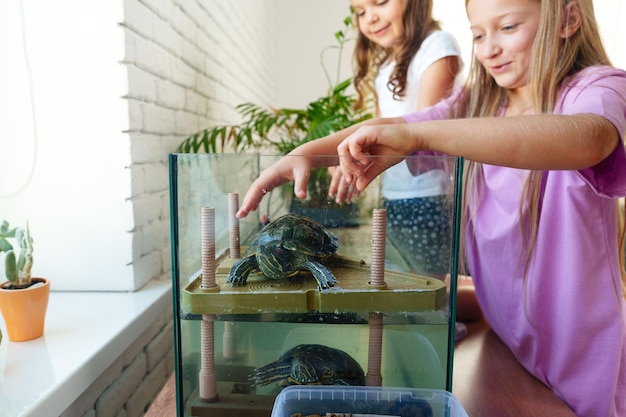
Ready for some expert tips? Understanding common pest issues and how to manage them can make all the difference in your pet’s wellbeing.
Recognizing Common Pest Issues
Being able to identify pest problems early is crucial. Common issues include mites and ants, which can pose significant threats to your reptiles. Mites, for instance, often hide in substrate or attach to your pet’s skin. Keep an eye out for unusual behavior like excessive scratching or shedding. Another sign to watch for is ant trails leading to your pet’s habitat. Recognizing these signs early allows for quick intervention, minimizing any potential harm to your pets.
Implementing Non-Toxic Pest Solutions
Implementing non-toxic solutions is easier than you think. Start by using natural deterrents like essential oils. Oils such as lavender and cedarwood are great for repelling pests without endangering your pets. Apply them around the habitat and in areas where pests are likely to enter. Additionally, consider using physical barriers like sticky traps. These traps capture pests without using chemicals, ensuring a safe environment for your reptiles. By opting for these solutions, you’re making a positive choice for your pet’s health.
Engage with Our Community for More Tips 😊
Join a community that cares about the same things you do. At Sayonara Pests, we encourage engagement and sharing of tips and experiences. Most people think solving pest issues is a solo task, but you can gain valuable insights by connecting with others. Whether it’s through our online forums or social media groups, there’s always something new to learn. Don’t hesitate to reach out and share your experiences or ask questions. Together, we can create safer spaces for our exotic pets while tackling pest challenges naturally.

